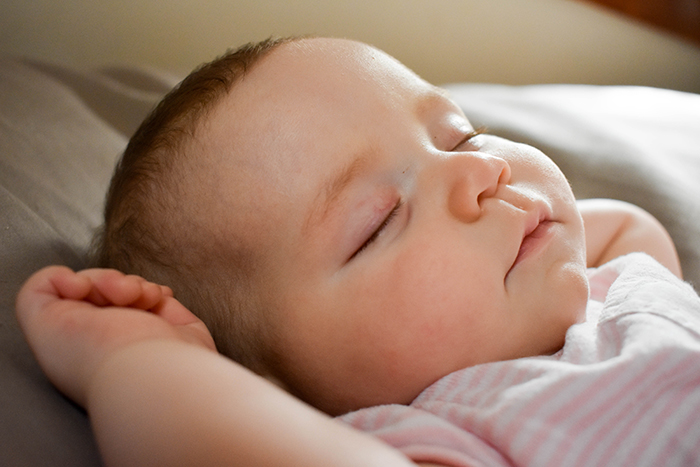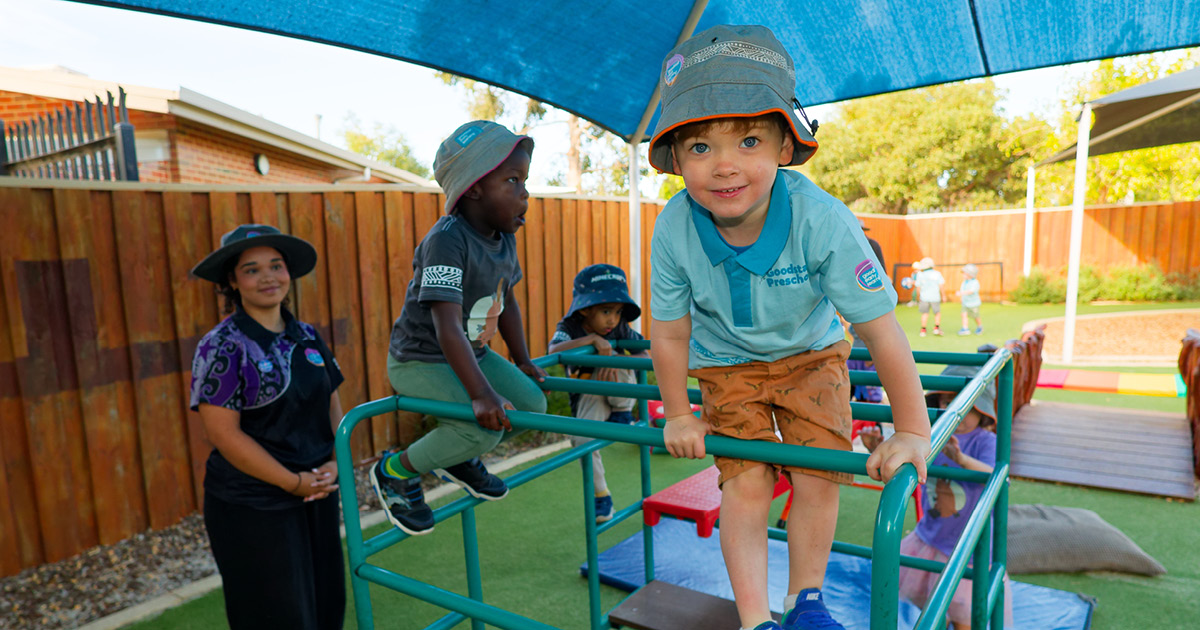Search
Showing results for "A"

We are delighted to share that The Kids has successfully completed its Athena SWAN Bronze Action Plan.

Our researchers want to know what causes chronic lung disease in babies born very preterm. We can learn more about what's happening in the lungs by measuring the air that babies breathe out.

News & Events
In memoriam: Vale Emeritus Professor Michael Alpers AO CSM FRS FAAWe honour the memory of Emeritus Professor Michael Alpers, a colleague and friend to many at The Kids Research Institute Australia, who passed away on December 3, 2024.

One third of Australia’s children will be better supported at school, thanks to a The Kids Research Institute Australia evidence review of what works best to support student behaviour needs.

More than 80,000 Australian children are expected to benefit from a trial being rolled out to 700 childcare centres across the country that aims to boost declining physical activity levels.
Research
Pediatric Endotracheal Tube Cuff Management at Altitude: Implications for Aeromedical Retrieval and Other Austere EnvironmentsChildren are sometimes transported via fixed or rotary wing aircraft for medical care. If they are intubated with a cuffed endotracheal tube (ETT), changes in environmental pressure during transport can alter cuff pressure. Cuff management in this setting varies widely by region and by organization. In this historical review, we sought to delineate the evolution of ETT cuff management in children undergoing aeromedical retrieval in order to progress the field toward an optimum strategy in the future.
Research
Patient-advocate-led global coalition adapting fit-for-purpose outcomes measures to assure meaningful inclusion of DEEs in clinical trialsExisting clinical tools that measure non-seizure outcomes lack the range and granularity needed to capture skills in developmental and epileptic encephalopathy (DEE)-affected individuals who also fall in the severe to profound range of intellectual disability. This effectively excludes those with severe impairments from clinical trials, impeding the ability of sponsors to evaluate disease-modifying therapies.
Research
Flexible bronchoscopy insufflated and high-flow nasal oxygen pilot trial (BUFFALO protocol pilot trial)Hypoxaemia occurs in approximately 30% of children during anaesthesia for flexible bronchoscopy. High-flow nasal oxygen (HFNO) can prolong safe apnoea time and be used in children with abnormal airways. During flexible bronchoscopy, there is limited evidence if HFNO confers advantages over current standard practice in avoiding hypoxaemia. The aim is to investigate feasibility of HFNO use during anaesthesia for flexible bronchoscopy to reduce frequency of rescue oxygenation and hypoxaemia.
Research
The overlapping burden of the three leading causes of disability and death in sub-Saharan African childrenDespite substantial declines since 2000, lower respiratory infections (LRIs), diarrhoeal diseases, and malaria remain among the leading causes of nonfatal and fatal disease burden for children under 5 years of age (under 5), primarily in sub-Saharan Africa.
Research
Remission of peanut allergy is associated with rewiring of allergen-driven T helper 2-related gene networksThe immunological changes underpinning acquisition of remission (also called sustained unresponsiveness) following food immunotherapy remain poorly defined. Limited access to effective therapies and biosamples from treatment responders has prevented progress. Probiotic peanut oral immunotherapy is highly effective at inducing remission, providing an opportunity to investigate immune changes.
